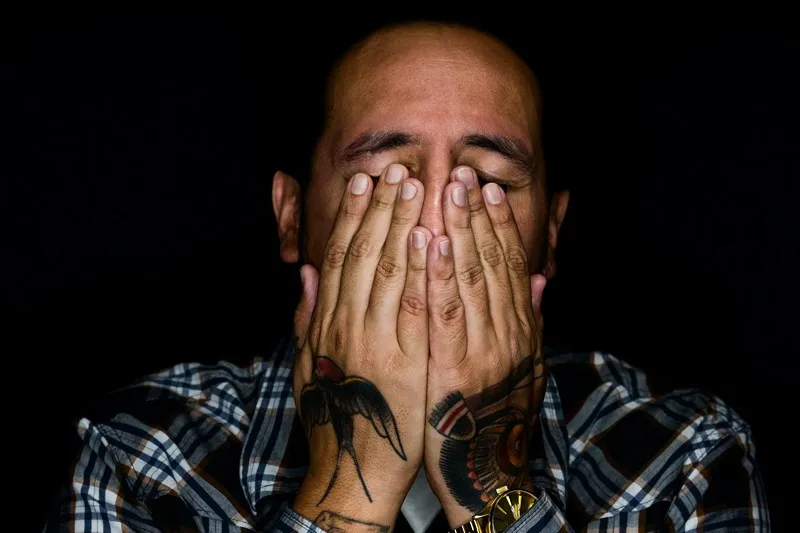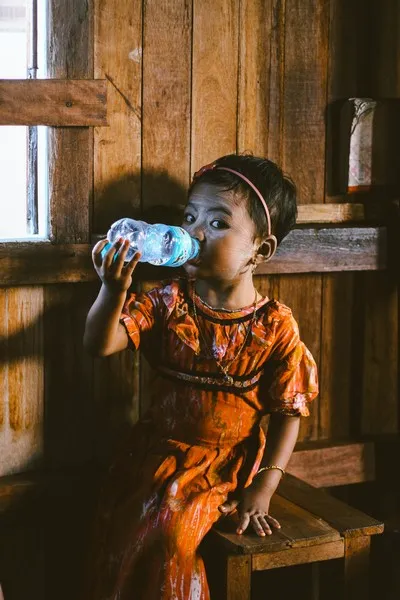Dehumanisation is a concept that holds significant importance in the field of sociology. It refers to the process by which individuals or groups are deprived of their human qualities, rights, and dignity, reducing them to the level of objects or animals. This phenomenon has been observed throughout history and has had profound effects on societies and individuals alike.
Dehumanisation can occur on various levels, ranging from interpersonal interactions to systemic oppression. It often arises from prejudice, stereotypes, and the perception of “otherness.” By dehumanising others, individuals or groups justify mistreatment, discrimination, and even violence against them.
Causes of Dehumanisation
There are several factors that contribute to the occurrence of dehumanisation:
- Psychological processes: Dehumanisation is often driven by psychological mechanisms such as cognitive biases and social categorisation. These processes allow individuals to simplify complex social situations and perceive others as less human.
- Prejudice and stereotypes: Pre-existing biases and stereotypes play a significant role in dehumanisation. When individuals hold negative beliefs about a particular group, they are more likely to view them as less than fully human.
- Power dynamics: Dehumanisation is often perpetuated by those in positions of power. When one group holds power over another, they may exploit and dehumanise the subordinate group to maintain control and justify their actions.
- Historical and cultural influences: Historical events and cultural norms can contribute to the dehumanisation of certain groups. Examples include colonialism, slavery, and genocides, where dehumanising rhetoric was used to justify the mistreatment of entire populations.
Effects of Dehumanisation
The consequences of dehumanisation are far-reaching and can have severe implications for both individuals and societies:
- Violence and aggression: Dehumanisation often leads to increased violence and aggression towards the dehumanised group. When individuals are seen as less human, it becomes easier to justify acts of harm against them.
- Discrimination and marginalisation: Dehumanisation perpetuates discrimination and marginalisation, as the dehumanised group is denied equal rights, opportunities, and access to resources.
- Psychological impact: Being dehumanised can have a profound psychological impact on individuals, leading to feelings of worthlessness, alienation, and diminished self-esteem.
- Social division and conflict: Dehumanisation contributes to social division and conflict, as it deepens the divide between different groups and fosters hostility and animosity.
Combating Dehumanisation
Addressing and challenging dehumanisation is crucial for creating a more inclusive and equitable society:
- Educating and raising awareness: Promoting education and awareness about the dangers of dehumanisation can help individuals recognise and challenge their own biases and prejudices.
- Promoting empathy and perspective-taking: Encouraging empathy and perspective-taking can foster understanding and compassion towards others, reducing the likelihood of dehumanisation.
- Advocating for human rights: Supporting and advocating for the rights of all individuals, regardless of their background, is essential in combating dehumanisation.
- Challenging stereotypes and prejudices: Actively challenging stereotypes and prejudices helps to break down the barriers that contribute to dehumanisation.
- Fostering intergroup contact: Encouraging positive interactions between different groups can help to humanise the “other” and reduce the potential for dehumanisation.
Dehumanisation is a complex and multifaceted issue that requires a collective effort to address. By understanding its causes, effects, and strategies for combating it, we can work towards creating a more inclusive and compassionate society.





